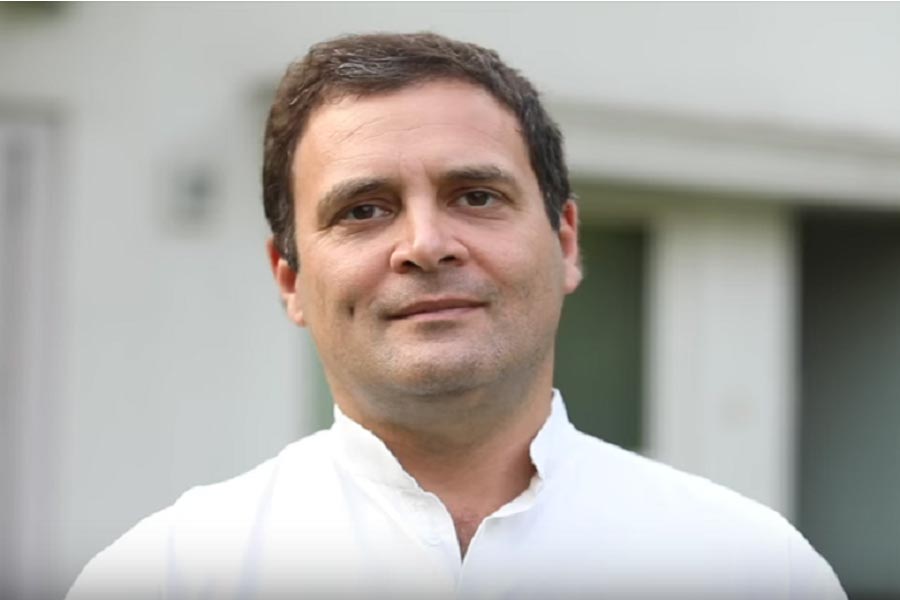
In problem solving, first ideas are usually worthy of being discarded. They tend to be jaded and borrowed, reflecting established patterns of thinking and stereotypes, without factoring in the future into the process.
One such first idea appeared in the aftermath of the just concluded general elections in which the Congress party was left gasping for air—that it should find a substitute for Rahul Gandhi as its president. He doesn’t have what it takes to be a street fighter in today’s politics; the Congress needs an Amit Shah, some said.
Truth be told, even an Amit Shah would fail at leading the Congress, because unlike the BJP, it has an array of people with some intellectual heft, domain expertise and an argumentative culture. Let’s not forget—Amit Shah is leading a BJP of ‘disciplined soldiers’ sans leaders like L K Advani, Murli Manohar Joshi, Jaswant Singh, Yashwant Sinha, Arun Shourie et al.
The Congress and the political landscape of India need Rahul Gandhi for only one vital, and counter-intuitive reason. Because he embodies a unique contradiction—that of being fully aware of his extraordinary privilege and yet retain a detached relationship with a position of power. This contradiction is of a significant nature. And contradictions such as these are not accidental—they come from a fiercely held value system.
Having been relentlessly disparaged on the dynasty issue, Rahul Gandhi’s defeat in the family borough of Amethi, at the hands of BJP’s Smriti Irani, should be a reprieve, if only in an ironical way. Voters of Amethi have helped him shrug off accusations of automatic coronations and elite capture.
His detached relationship with power is evident to anyone who has been watching his public and media interactions. He seems aware that he is a square peg in a round hole. What he may not be aware of though, is that this mal-adjustment has the potential to make his presence in Indian politics of lasting value.
Assertive in a diminutive way, uneasy with grand rhetoric yet capable of it, a person of pause and self-awareness, more comfortable sitting with people on a charpoy than making manipulative exhortations from behind the pulpit. When he tries to be any other way, the act degenerates into a sputter.
But when he sheds the need to fit in and doesn’t seem to care for the stereotype, he shines. After some vacillation between his authentic self and the manufactured image of a leader, Rahul Gandhi has found his political ‘voice’. Question is whether his party can match his pitch and note.
In this attempt to refashion politics by being who he is, he finds himself in a minority within his party. Other Congress party leaders who still retain some consequence appear like power-scroungers of frail intent. Even their boldest public statements cannot hide their personal greed, in sharp contrast to the history of the Congress which was built on sacrifice.
Rahul Gandhi seems in readiness to be able to define what a modern leader of India may look like—especially at a time when India is undergoing a unique transition to modernity. It is his flock that needs to fall in line or leave.
The norm of the ultra-muscular, declamatory politician may soon be unfit to deal with the complex issues India faces such as inequality, public funding for schools and hospitals, climate change and rapid technological transitions. A solid square peg is what India may well need to buttress a truly modern nation in a globalised world.






